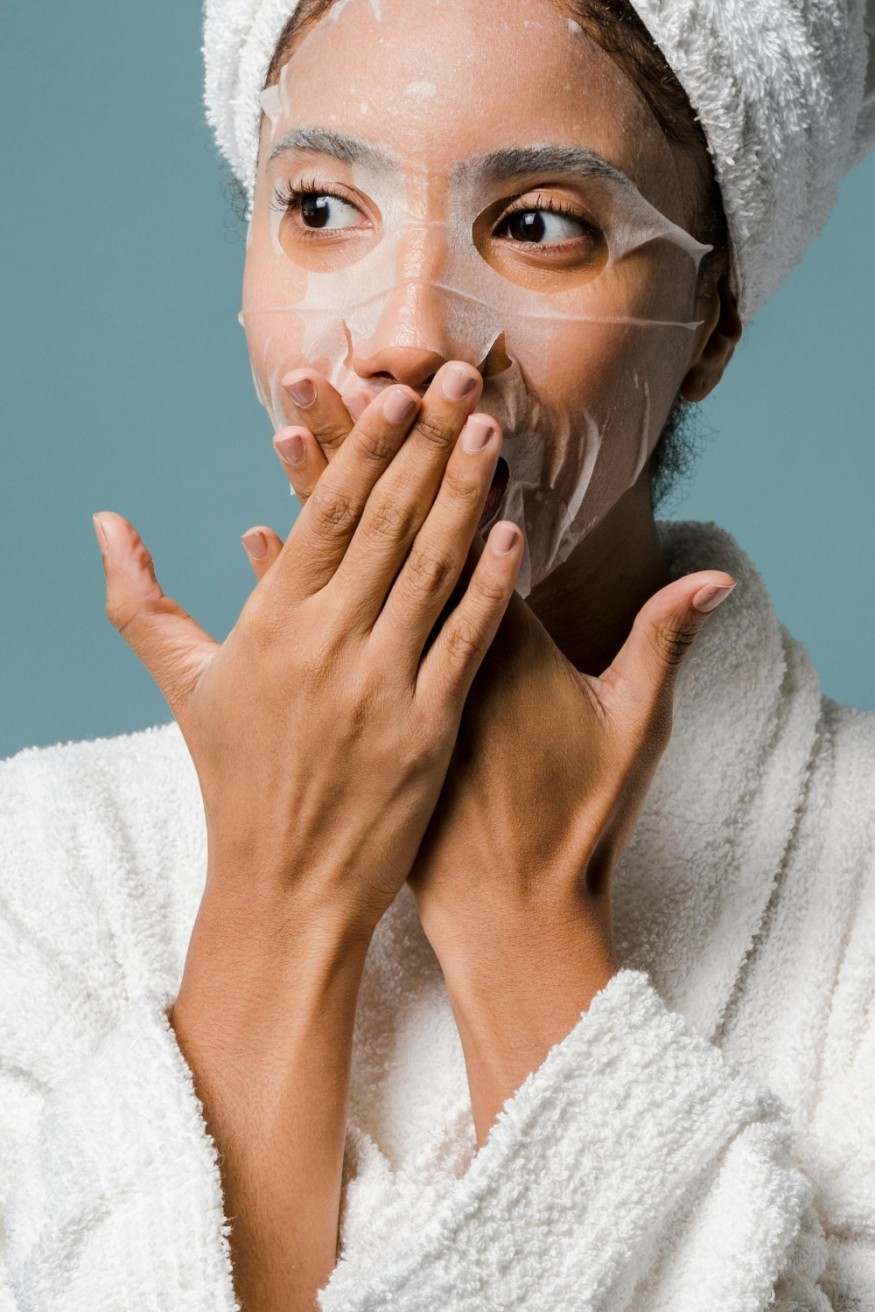
We've caught ourselves calling sheet masks "face masks" and face masks "sheet masks." While we know they're pretty different, the terms are still used interchangeably. Of course, they do have similar features, but they also offer different benefits.
If you're curious about the differences between the sheet masks and face masks, read on to learn more.
What is a sheet mask?
A sheet mask is a single-use material with cutouts for your eyes, nose, and lips. It is saturated with ingredients that can offer an extensive range of skincare benefits, and due to its wetness, it sticks to your face and its contours.
What is a face mask?
A face mask is a thick cream product made of thicker ingredients such as clay, charcoal, and more. You apply it directly to your skin, and you have to make sure it is applied evenly. These are also typically products you will wash off after a certain amount of time.
The Differences
This one is obvious, but they are each packaged very differently. You will typically find a face mask in a tube, pot, or something similar, and this product is usually reusable, whereas a sheet mask is a single-use product. Garnier reports that sheet masks are a bit more hygienic than face masks because if they are not stored correctly, it could cause issues with the product and your skin.
Along with the packaging, the application process is quite different for sheet masks and face masks as well.
With sheet masks, after you've left them on for a certain amount of time, you remove them from your face and just pat in the serum or product left without having to worry about washing it off. However, after you apply a face mask, you have to wash it off, which can be a bit more messy and time-consuming.
The ingredients in these two skincare products differ significantly. They also differ greatly within each category; not every sheet mask will have the same amount of product saturating it. Sheet masks use lightweight ingredients like a serum, whereas a face mask contains thicker ingredients that can sometimes harden on your skin.
